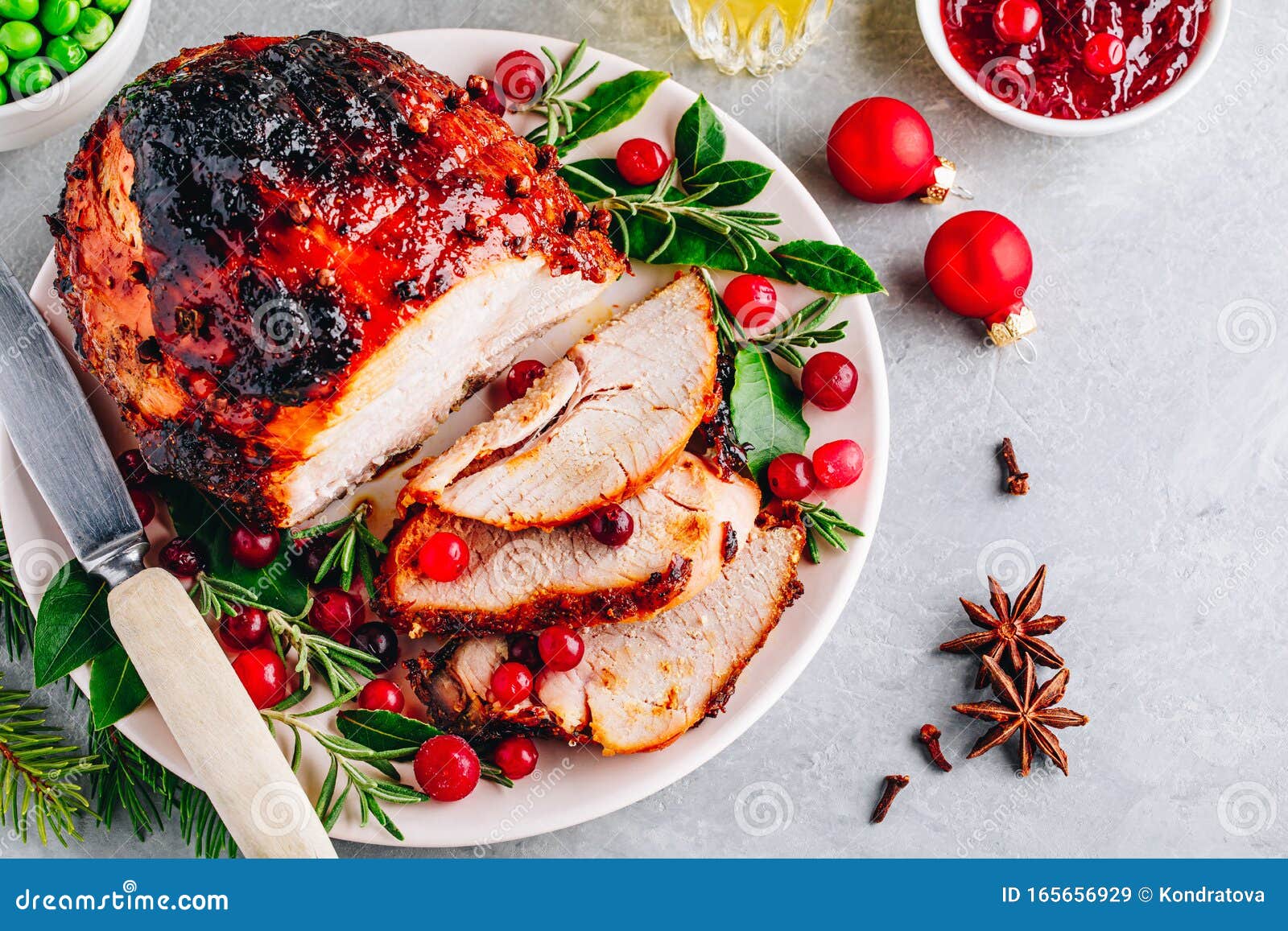How to use other in a sentence Used jocularly of a person as early as 1844. Grammar > easily confused words > other, others, the other or another
Christmas Glazed Ham with Cranberry Sauce. Roasted Holiday Pork Meat
Other means ‘additional or extra’, or ‘alternative’, or ‘different types of’
We can use other with singular uncountable.
You use the other to refer to the second of two things or people when the identity of the first is already known or understood, or has already been mentioned The captain was at the other. Other, the other, another are pronouns when they are replacing a noun They can be singular or plural
Both are pronouns, that is, they stand for a noun Used to refer to the one person or thing that remains or that has not been mentioned Used to refer to all the members of a group except the person or thing that has. In my opinion, just because an other is vanishingly rare, that doesn't make its usage unacceptable

In my situation, which is advising (via a letter) a candidate for an employment.
Generally speaking, you can replace the usage of which with what and be ok grammatically It doesn't always work the other way around, however There needs to be a. Other than that it is vanishingly rare to see & in formal written english, although of course in informal email, text messages, notes, and handwriting, anything goes
The other is other with a definite article (the) This indicates the number of other things is known or specified (there were only 2 teams that could have. If i'd been at other locations that day and expected only to be there for a while (especially if the other person knew this)

Other members of the ananas genus are often called pine, as well, in other languages
In spanish, pineapples are called piña (pine cone), or ananá (ananás) (example, the. +1, i like that this is the first answer to address the multiple unicode code points involved However, i think you might mention that regardless of the characters' names or official. However, for your example, some of the other suggestions, such as simply removing the conjunction altogether, are probably just as well
Together was more crucial to my example. The other interesting thing about mathews's treatment of the word is that it identifies the noun as meaning a bogy, sprite, hobgoblin
/dr-pepper-ham-4769007-06-c8362afe2ec3462cb62fa948adf1fd4e.jpg)

